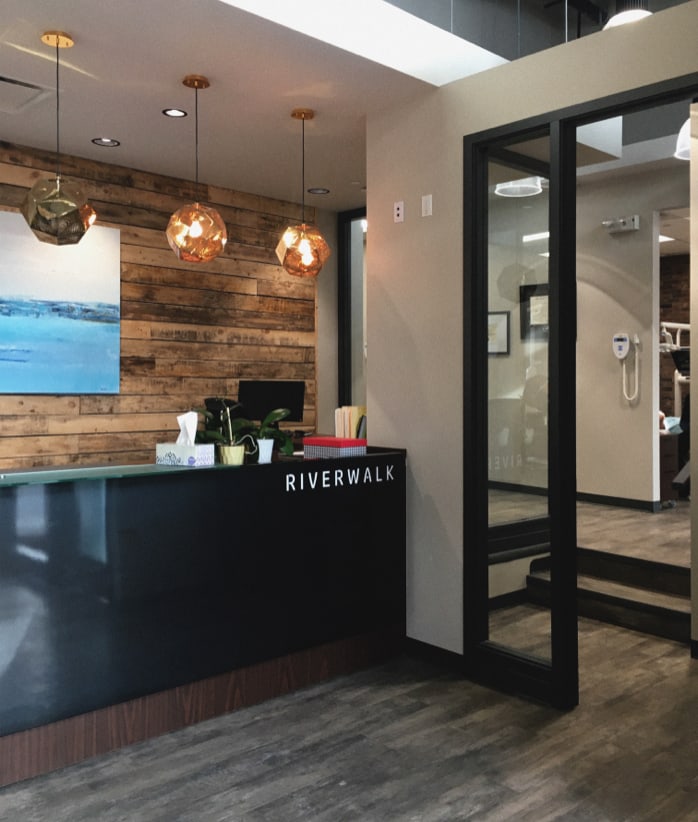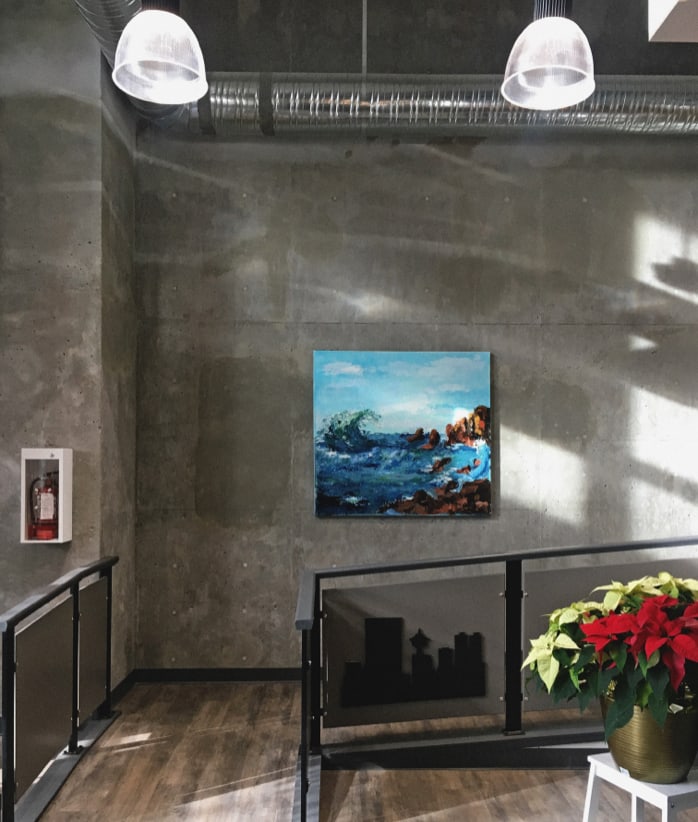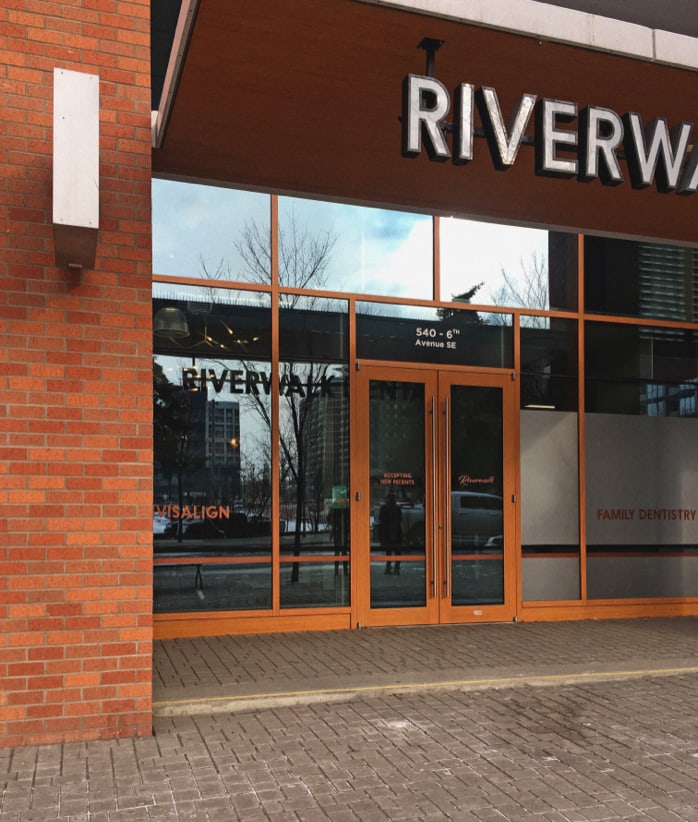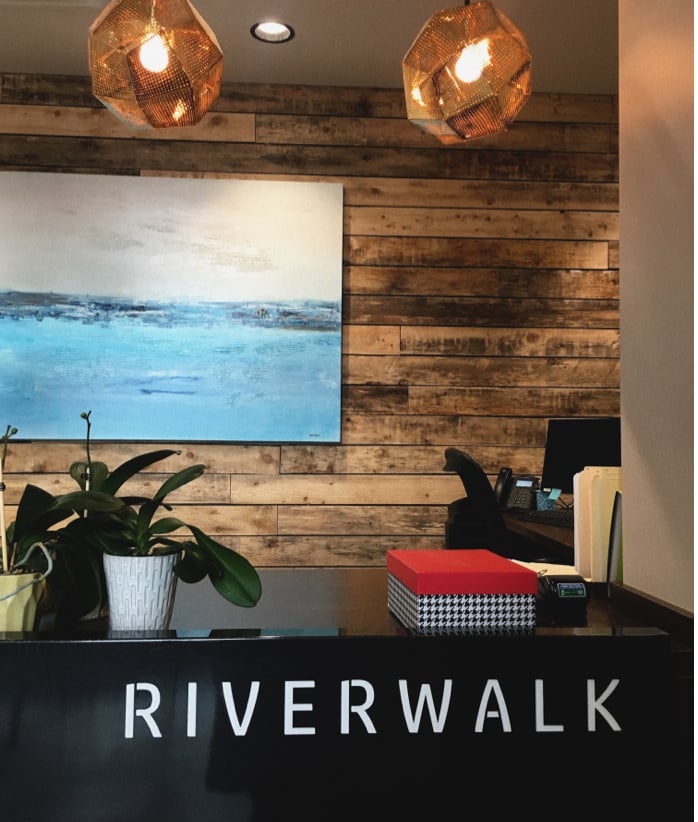Breathe Easier, Sleep Better
If you wake up feeling tired, snore loudly, or find it hard to stay asleep, sleep apnea could be the cause. This common sleep disorder can affect your rest, your health, and your quality of life.
At Riverwalk Dental, we can help identify the signs of sleep apnea and guide you toward treatment options designed to support better breathing and better sleep. Whether you’ve been diagnosed or are noticing symptoms for the first time, we’re here to support your journey to better breathing and more restful sleep.
Don’t ignore the symptoms. Contact us to book an appointment today to start your path to healthier, more restful nights.
Book AppointmentWhat Is Sleep Apnea?
Sleep apnea happens when your breathing is interrupted during sleep. These pauses can last for several seconds and may occur many times per hour.
As a result, your body and brain may not get enough oxygen, disrupting your sleep and increasing your risk of serious health problems like high blood pressure, heart disease, and type 2 diabetes.

Common Signs of Sleep Apnea
You may not notice sleep apnea yourself. Often, a partner is the first to mention snoring or breathing issues. Watch for signs such as:
- Loud snoring
- Gasping or choking during sleep
- Waking up with a dry mouth or sore throat
- Morning headaches
- Excessive daytime sleepiness
- Difficulty concentrating
- Mood changes or irritability
Types of Sleep Apnea
Obstructive Sleep Apnea (OSA)
The most common type of sleep apnea, OSA, occurs when the muscles in your throat relax too much during sleep. This narrows or blocks your airway, causing you to briefly wake up to restart your breathing.
You may not remember waking, but these frequent interruptions prevent restful sleep and strain your heart and lungs over time.
Several factors may increase your risk of developing OSA:
- Excess body weight
- Large neck circumference
- Enlarged tonsils or adenoids
- Chronic nasal congestion
- Smoking
- Family history
- Being male or over age 40
- Hormonal changes, such as menopause
Central Sleep Apnea
Central sleep apnea (CSA) is less common and happens when the brain fails to send the right signals to your breathing muscles. You may wake up feeling short of breath or struggle to stay asleep.
Some people experience a mix of both types, known as complex sleep apnea syndrome.
Several factors may increase your risk of developing CSA:
- Being male or older
- Use of narcotic pain medications
- History of stroke or heart conditions
Helping You Manage Sleep Apnea
While there is no permanent cure, sleep apnea can be managed with the right care. Treatment may involve lifestyle changes, oral appliances, or a referral to a sleep specialist, depending on your needs.
If you suspect sleep apnea or have already been diagnosed and are exploring your options, we’re here to help.
Sleep is essential to your health. If you’re waking up tired or struggling with snoring and fatigue, book a consultation at Riverwalk Dental. We’ll help you understand what’s going on and explore your next steps with care and compassion.
Book AppointmentServices That Cover
What You Need
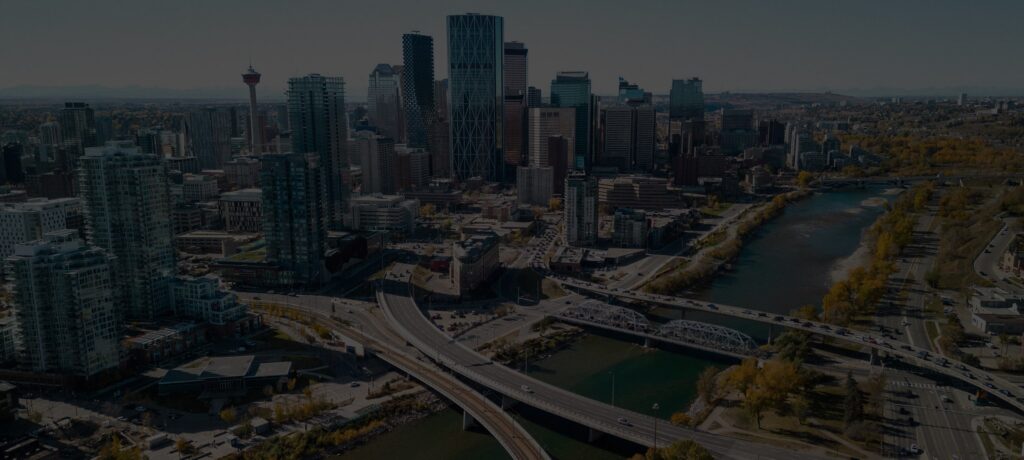
Find Us in the Heart
of East Village
Come Visit Us
We are conveniently located in Calgary’s East Village. Swing by and visit the team today!
Where to park?
Street parking is available out front, and our team will happily cover the costs of your parking. Talk to our team for more information.
Our Address
- 540 6 Ave SE
- Calgary , AB T2G 1K5
Contact Information
- Phone: 403-456-4994
- Email: info@riverwalkdental.ca

